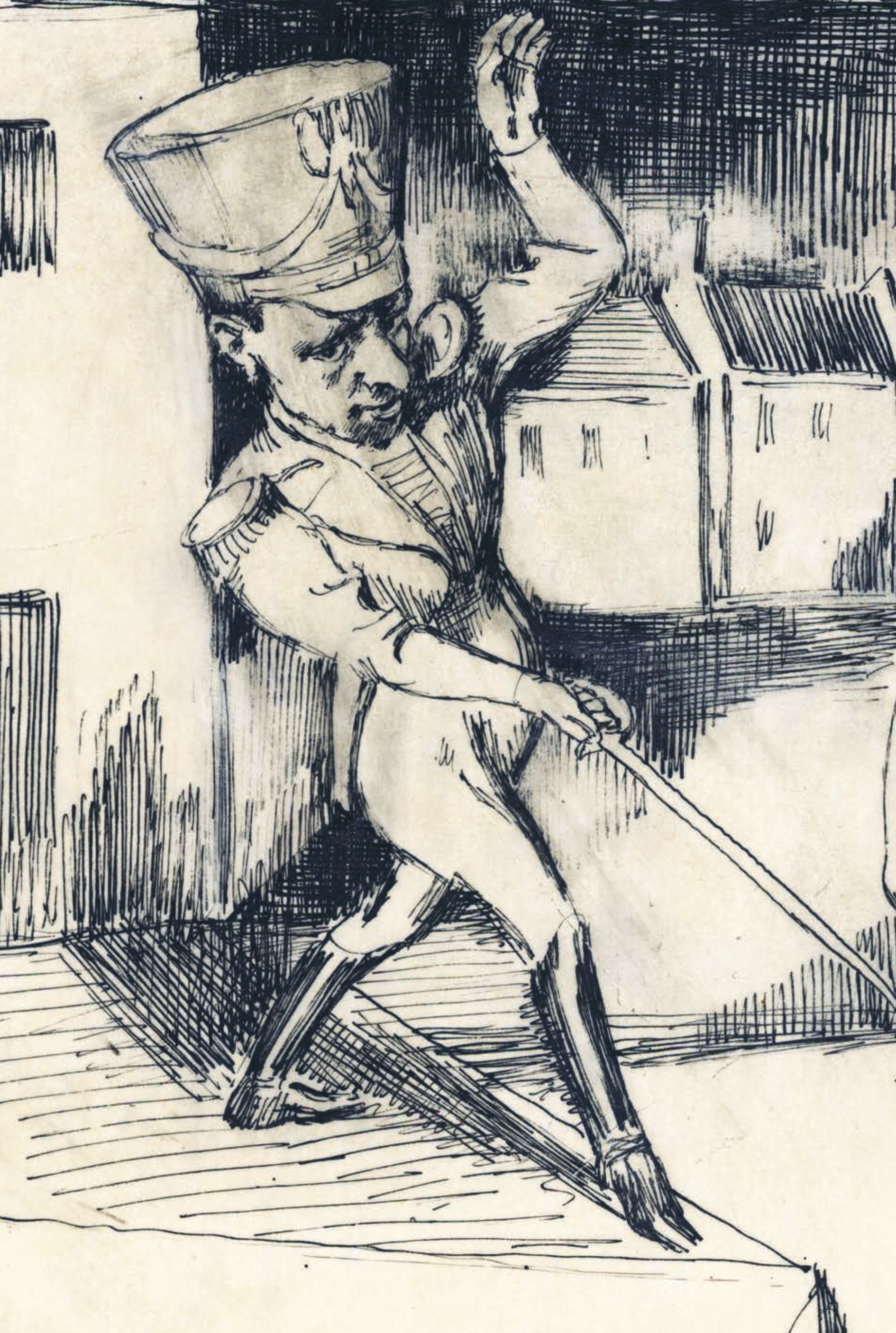Przeciwko nierozstrzygalności
Abstrakt
The concept of inconclusiveness entered the literary lexicon through deconstruction, or more precisely, its American practitioners. According to Paul de Man, we deal with undecidability, when “it proves impossible to sustain a clear dividing line between rhetoric, abstraction, symbol and all other forms of language. In each case, the undecidability effect is due to the asymmetry of the binary model, which contrasts the figurative with the proper meaning of the figure.” This asymmetry results in the fact that what is said does not coincide with how it is said, for language, especially literary language, evades the simple function of adjudicating reality, as it creates a reality of its own, governed by special laws, and into the trap falls anyone who wants to take the texts “at their word.” In this essay on Jakub Orzeszek’s dissertation, I show that inconclusiveness can take various forms in literary studies, and the one I accuse the author of a very interesting book on Schulz of taking has nothing, contrary to appearances, to do with deconstruction, and everything to do with the construction of a very weak interpretive subject that shirks responsibility for reading decisions. The interpretive subject manifested in de Man’s writings was superhumanly strong, so to speak: he would take any text and say, “oh no, I will not succumb to the illusion that the author knows what he is doing, that he knows what he is saying. Rather, I will show that the master of ceremonies is me, because only I know what the text here does to the author and how it messes him up.” Meanwhile, in Peanut’s, which I read as a sign of how the interpretive subject manifests his weakness and predilection for non-conclusiveness: “I will not say what a given text means so as not to do it any harm, so as not to impose anything on it, so as not to fetter its ambiguity too much.” The moral underbelly of this gesture is obvious and arouses my disagreement, since the life of texts and the life of people do not coincide, and nobility pays off in human relations, but not necessarily in the sphere of interpretation. However, the political side of this attitude should also be obvious. An intellectually strong interpretation must stand firmly on its side to exclude the intellectually weak but noisy statements of interpretive populists. In this sense, an interpreter who is resolute rather than affectionate should not give up the field, because his concession will be immediately exploited by a host of showy but airborne readings. Thus, if I were to formulate my interpretive credo AD 2023, I would say straightforwardly: interpretation is not a country for wavering subjects.

 Uniwersyteckie Czasopisma Naukowe
Uniwersyteckie Czasopisma Naukowe





